QUESTION:
In a Masjid, every Thursday evening, there is a mehfil-e-dhikr & naat and once a month there is a dhikr-e-Ghousiyyah program. The attendees recite the dua’s in the khatam-e-Ghousiyyah loudly in one voice.
Some people say that in the khatam-e-Ghousiyyah – Surah Al-Fatihah and Surah ‘Alam Nashrah’, are also recited and to recite any Surah or verse of the Holy Qur’an in this way (loudly as a group) is haram. Therefore the participants are committing a haram act and should stop attending this gathering.
However the participants recite these things with the intention of dua, and the changing of one’s intention can change an Islamic ruling.
Is it haram to read these things even with the intention of dua and are the participants committing a sin? Is it permissible to have a khatam-e-Ghousiyyah? If it is permissible, then what is the ruling about preventers of such gatherings?
ANSWER:
Allah تعالى says: “And when the Holy Qur’an is recited then listen to it and be silent so that you may be blessed.”
[Surah al-A’raf, verse 204]
Imam Baihaqi (رحمه الله تعالى) quotes Ahmad bin Hanbal (رحمه الله تعالى) saying “The scholars are united (Ijmaa) on the opinion that this holy verse was revealed regarding the Imam’s reciting in salah, but the strongest opinion here is that even though the reason for the revelation of this verse is specific (inside salah) yet the rule applies outside of salah as well”.
There is a difference of opinion amongst the scholars regarding whether listening attentively and remaining silent is fard-e-ain or fard-e-kifayah, the first opinion is safer and the second is easier. As clarified by Imam Ahmad Rida Khan al-Bareilwi (رحمه الله تعالى) and similarly in Radd-ul-Muhtar.
Sadr-ul-Shariah (رحمه الله تعالى) says: “For everyone in a congregation to recite loudly is haram”.
[Bahar-e-Shariat part 3 pg. 552 published by Maktabat-ul-Madina]
However when someone recites a Surah or a verse of the Holy Qur’an with the intention of dhikr, dua or wazeefah, and the meaning of that verse also supports this possibility, then listening quietly is not as necessary. For example an impure person and menstruating woman are allowed to recite the Holy Qur’an with the intention of dua, despite the hadith: “An impure man and menstruating woman should not read anything from the Qur’an”.
[Tirmidhi / Ibn Majah / Fatawa Ridawiyyah vol 1 pg 1078]
Imam Ahmed Rida (رحمه الله تعالى) says: “If the purpose is personal recitation or khatam-e-Qur’an and not reciting to the congregation then it is more respectful, better and preferred if the attendees all recite quietly without letting each other hear.”
[Fatawa Ridawiyyah vol 23 pg 352]
Imam Haqqi says in Tafsir Ruh-ul-Bayan vol. 3 pg. 387: “The common opinion amongst scholars is that it is preferable outside of salah, as mentioned in Qur’anic commentaries. The author of Quniyyah says that there is nothing wrong with a group of people congregating to recite Surah Ikhlaas loudly at the completion of the Holy Qur’an (khatam-e-Qur’an), but if one person recites & the rest listen then this is better”.
Therefore if during khatam-e-Ghousiyyah Muslims recite verses of the Holy Qur’an then they should do so quietly, but if they recite loudly one should not prohibit them forcibly.
Allah تعالى is most knowing.
Answered by Mufti Shams ul Huda Misbahi
Translated by Mawlana Muhammad Rashid Madani


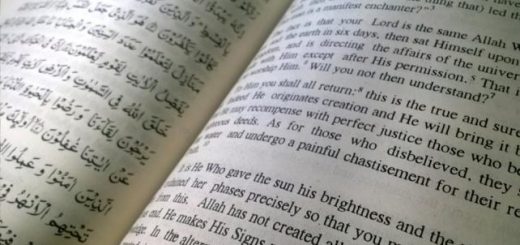






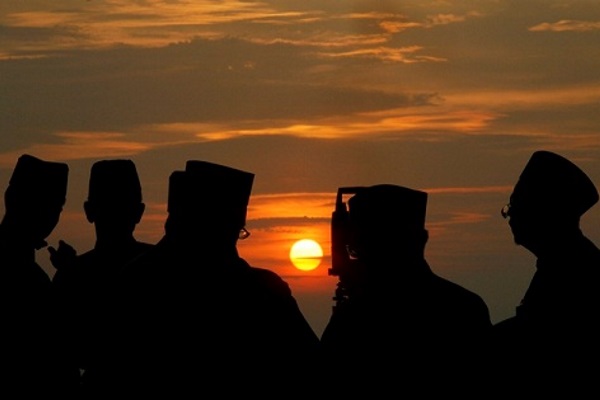















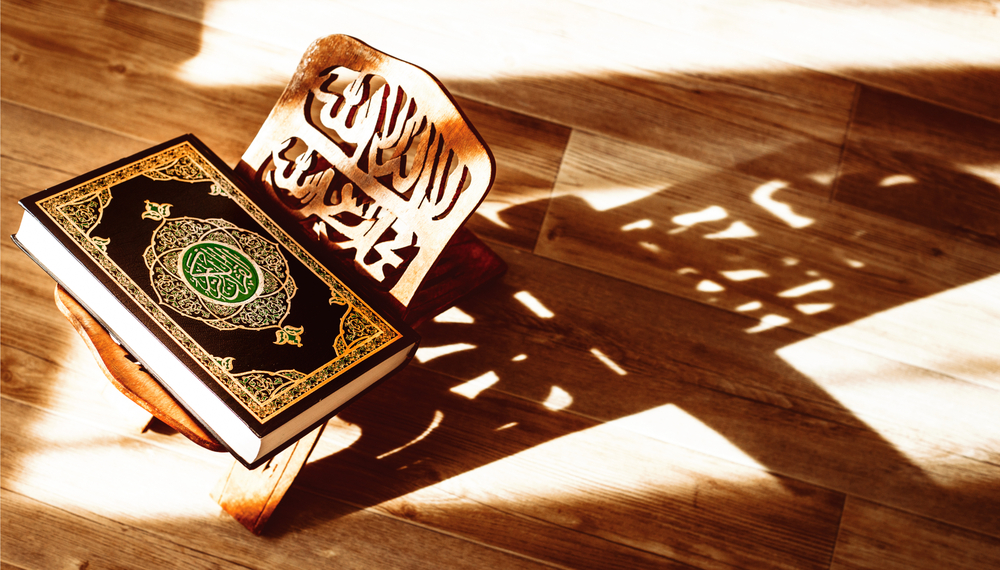



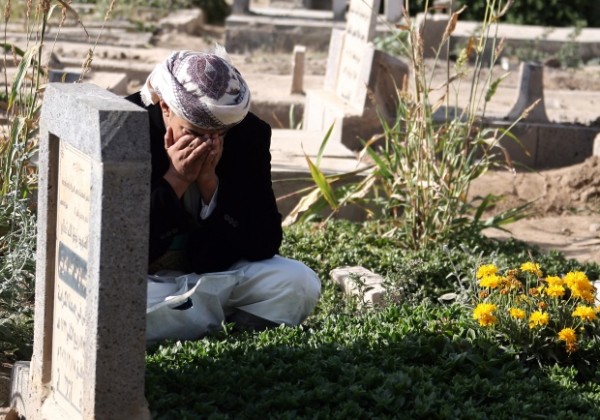







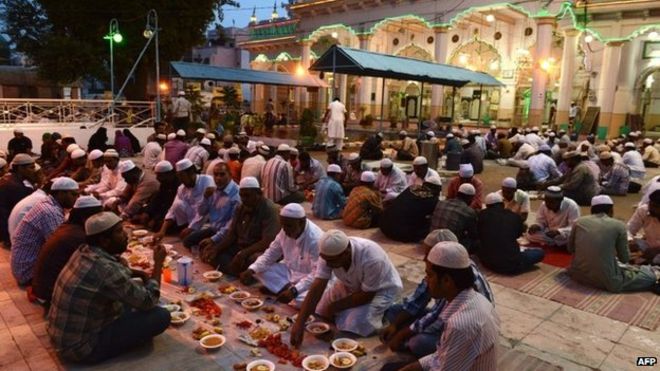


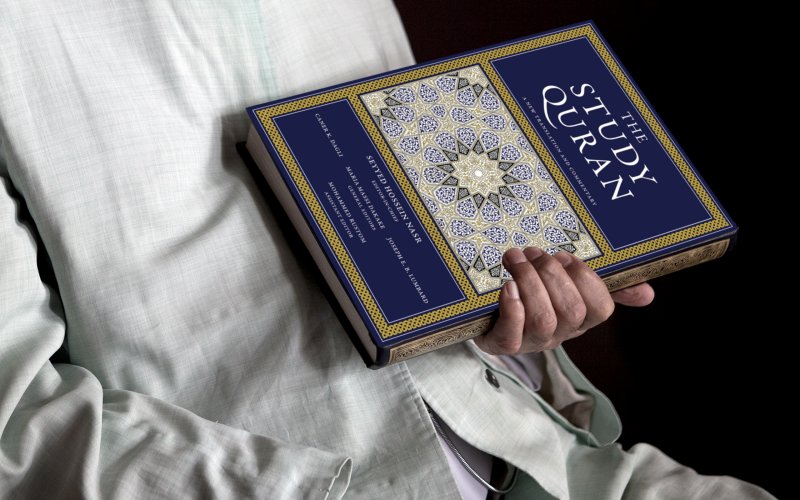
![[Q-ID0218] Can a person donate the reward of his actions to a deceased person?](https://www.seekerspath.co.uk/wp-content/themes/hueman-pro/assets/front/img/thumb-medium-empty.png)









